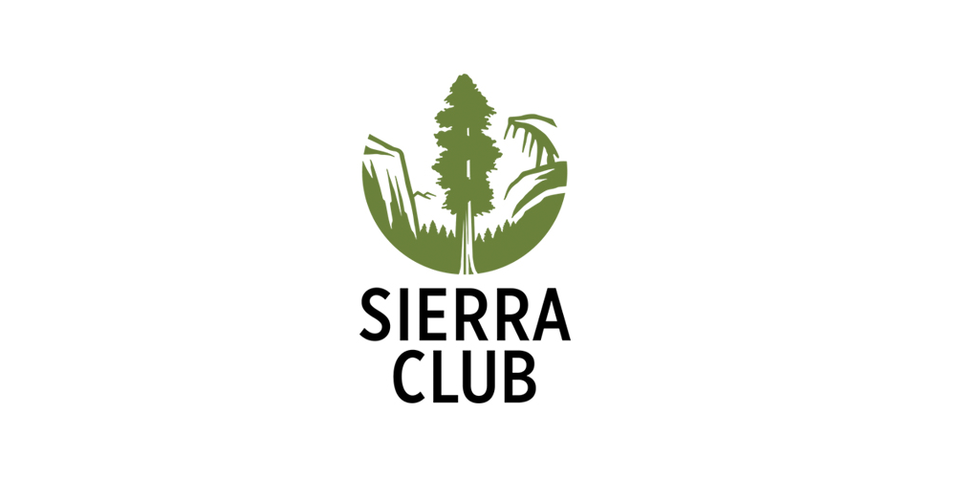
The summer 2024 Energy Impact Fellowship will be hosted and led by Fundusol.
Fundusol LLC is a startup rapidly deploying Agrivoltaics around the United States. Working at the forefront of energy and agricultural innovation, we leverage computational modeling, novel technologies, creative marketing, and an expansive network of industry leaders to lead the Agrivoltaics revolution.
We align the individual goals of our team members with that of Fundusol–growing Fundusol is intrinsically an opportunity for personal growth. We aim to balance a structured fellowship program with your goals and aspirations for the summer. If there are learnings you wish to pursue that are outside the scope of the fellowship project but would enhance your summer experience and contributions to the project, we will give you the resources and connections to pursue them
PROJECT DESCRIPTION
Research Goal
The central research question of this fellowship is: What are the economic and regulatory value drivers of Agrivoltaics, and how can we leverage these drivers to expand energy access, preserve farmland, boost food production, and protect small farmers?
Part 1: Solar Economics
The first component of this project is understanding the costs and revenue associated with utility-scale Agrivoltaics systems, and how they vary from location to location. For example, labor and permitting are costs that depend heavily on location. Similarly, sunlight and $/KWh—which vary by location—can impact revenue (i.e. the same system in California produces much more energy than one built in Maine). Time variant variables, such as steel and solar panel costs, should be factored as well. Fellows will begin by adding data to a geographically dynamic financial model to learn the economics of Agrivoltaics.
Part 2: Solar Regulation
The second part of this project is an assessment of the impact of co-locating crops or livestock with solar panels on the solar permitting. This will consist of a review of local regulations; meeting with permitting companies, regulatory bodies, and land trusts; and collecting geospatial data on interconnection locations. Fellows will create a database of their findings and create metrics to assess the value Agrivoltaics brings to the permitting process.
Part 3: Data Visualization
At this stage, the economic and regulatory value drivers of Agrivoltaics have been understood and thoroughly documented at a high geographic granularity. The third phase of this project is to create a visual tool to capture value from these insights. Fellows will leverage the quantifiable metrics in parts 1 and 2 of this project (from return on investment in part 1 to the regulatory metrics fellows come up with in part 2) that correlate to the success of an Agrivoltaic system. Based on these data, compiled with as much geographical granularity as possible, we would populate interactive heat maps of the United States. The end product would be a combined heat map where each metric can be assigned a weight (from 0-100%).
Part 4: Local Economic Impact Applying This Tool for Social Good
Fellows will leverage the tool they created in part 3 and synthesize their learnings to answer the following questions (and ones they come up with throughout the process):
- What are the benefits of Agrivoltaics to local communities and how do they vary from location to location?
- What levers of the Agrivoltaics design process have an impact on outcomes in the local community?
- What zipcodes of the United States would have the largest positive impact from having Agrivoltaics projects, and what are the drivers of that impact?
In addition, fellows will leverage their examination of the relationship between regulation and the growth of Agrivoltaics in different regions to suggest policy changes that would have the largest impact on Agrivoltaics adoption. These suggestions will be sent to relevant news outlets and policymakers to advocate for such suggestions.
Eligibility
Undergraduate students (any year or major) who have a passion for renewable energy and who enjoy working on projects that have tangible social value. Some relevant technical and project management experience or skills would be a plus. Creativity, curiosity, resourcefulness, and the ability to work in collaboration with others are paramount.


